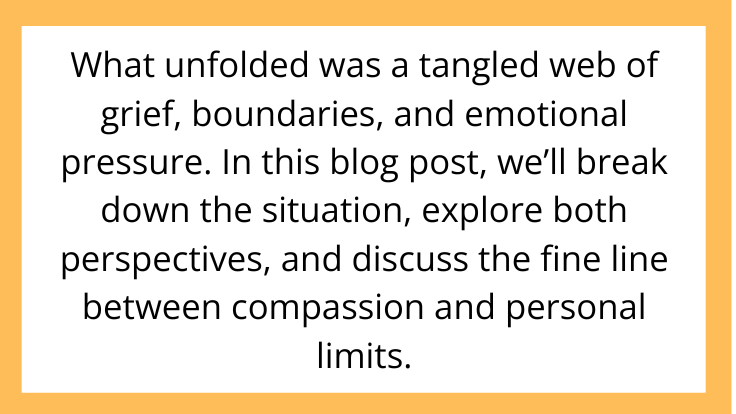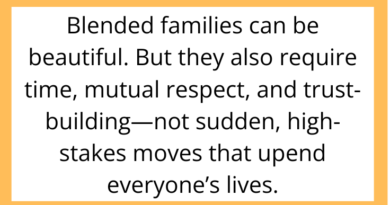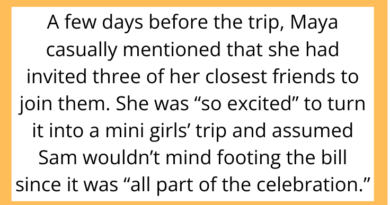AITAH for Refusing to Walk My Brother’s Fiancée Down the Aisle After Our Father Passed Away?
Weddings are often portrayed as joyful celebrations of love, but behind the scenes, emotions and expectations can clash—especially when family dynamics are complex. A recent post on r/AITAH sparked heated debate when the original poster (OP) declined a heartfelt request from their brother’s bride-to-be: to walk her down the aisle in place of their late father.
What unfolded was a tangled web of grief, boundaries, and emotional pressure. In this blog post, we’ll break down the situation, explore both perspectives, and discuss the fine line between compassion and personal limits.
The Scenario: A Request with Deep Emotional Weight

OP’s father had passed away unexpectedly less than a year before the wedding. The fiancée, who was very close to him, shared that she had always imagined him walking her down the aisle—something he had even promised to do. In the absence of the father figure, she asked OP if they would step in for that symbolic role.
But OP, still grieving, declined. They expressed that the emotional weight of taking their father’s place on that specific day would be too much. They offered support in other ways—attending, helping with planning, even giving a toast—but said they couldn’t carry that responsibility.
The reaction from the bride and OP’s brother was intense. They accused OP of being cold and self-centered. Other family members chimed in, saying OP was letting grief make them bitter and was ruining a moment that was supposed to be beautiful.
So… AITAH?
Why Grief Looks Different for Everyone
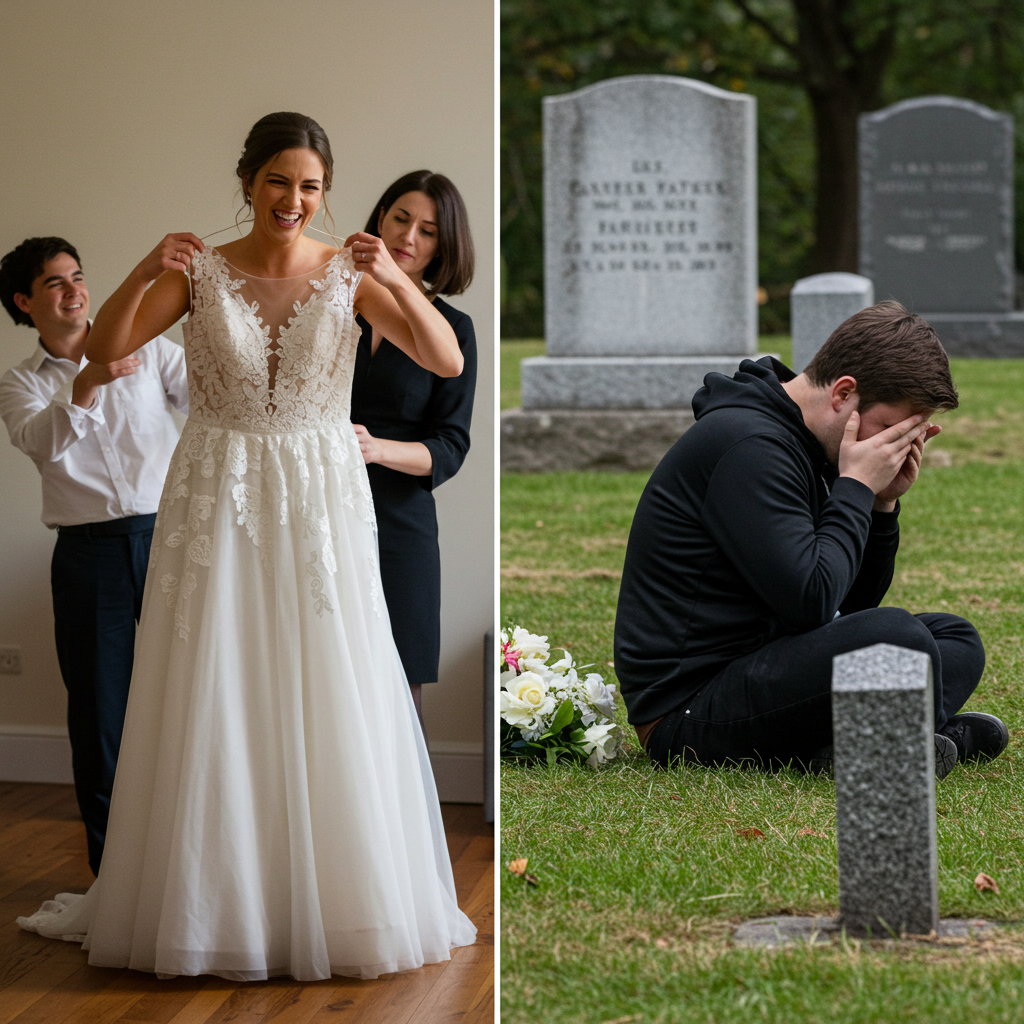
One of the biggest takeaways from this story is how deeply personal and unpredictable grief can be. What might feel meaningful and healing for one person could feel triggering or unbearable for another.
OP’s decision wasn’t about disrespect or selfishness—it was about self-preservation. Choosing not to perform a symbolic act doesn’t mean they don’t care. It means they’re setting a boundary around their own mourning process, which is both valid and necessary.
The Fine Line Between Support and Self-Sacrifice

We often confuse emotional support with doing whatever others ask of us. But true support is honest and sustainable—not performative.
Here’s what OP got right:
-
They communicated clearly instead of ghosting or avoiding the topic.
-
They offered alternative forms of support, showing they still cared deeply.
-
They respected their own mental limits, which prevents long-term resentment.
This is a crucial lesson: showing up doesn’t always mean saying yes. Sometimes it means saying, “I love you, but I can’t do this one thing.”
Why Families Often Struggle with Boundaries
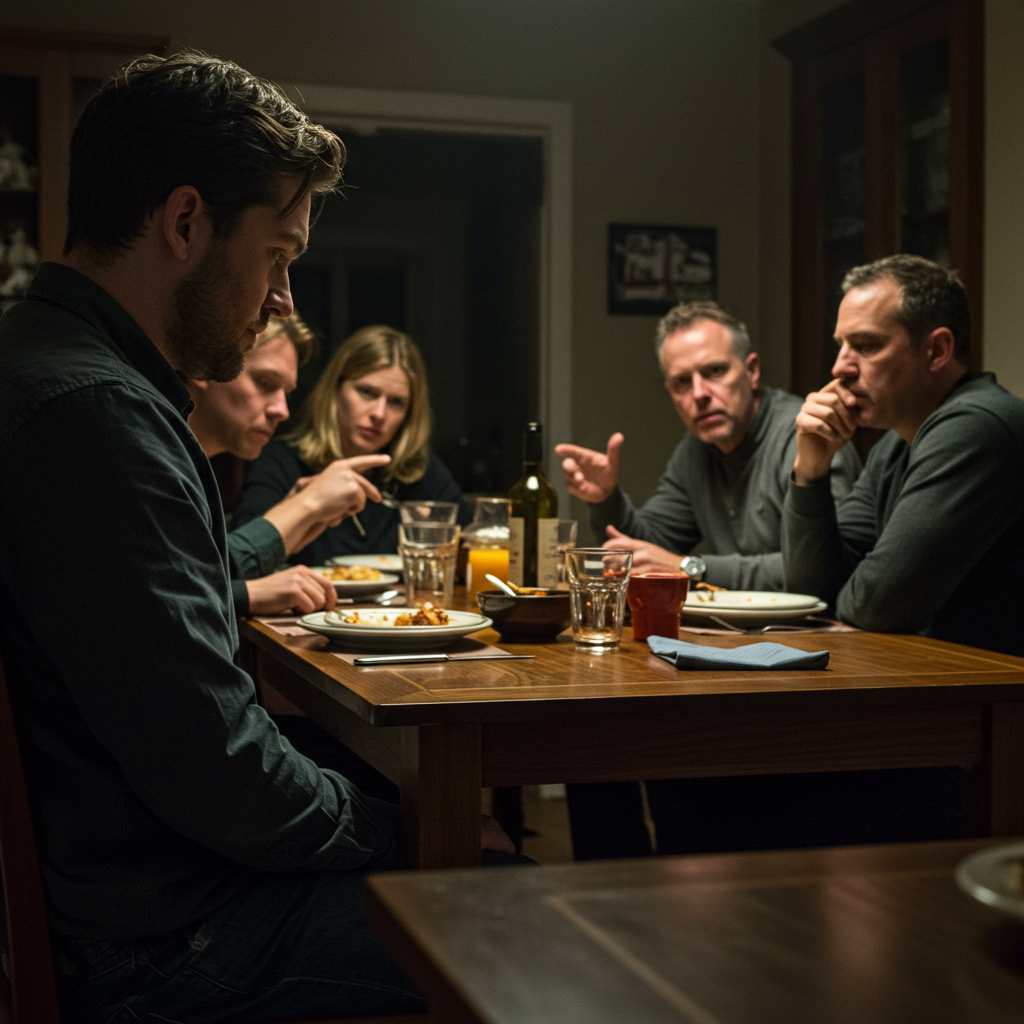
The backlash OP received from family highlights another painful truth: many people aren’t comfortable when others assert emotional boundaries—especially in high-stakes moments.
Some common reactions include:
-
Guilt-tripping: “Dad would’ve wanted this.”
-
Labeling boundaries as selfishness: “You’re making this about you.”
-
Minimizing emotions: “It’s just one walk, get over it.”
But in reality, when someone tells you something is too much for them emotionally, the respectful response isn’t to pressure—it’s to listen.
What Reddit Said

The AITAH community largely sided with OP. Most commenters empathized with the difficulty of grieving in a family that’s moving on faster than you are. Many shared similar experiences where they felt pressured to be strong for others while they themselves were falling apart.
A few did express that stepping in for the bride could’ve been a beautiful tribute—but agreed it should never come at the expense of OP’s mental health.
Final Thoughts: Is Protecting Your Emotional Limits Ever Wrong?

At the end of the day, the question isn’t whether OP loved their father or cared about the wedding. The real question is whether we expect people to suppress their grief and trauma for the sake of optics.
The answer? No one should be forced to perform closure they haven’t found yet.
Sometimes, loving someone means telling them what you can’t do—and trusting that the relationship can withstand that honesty.
